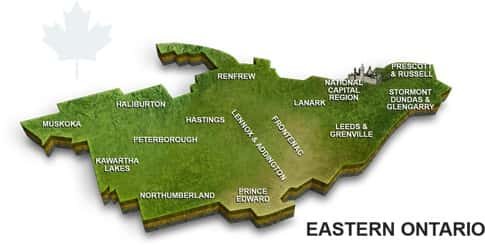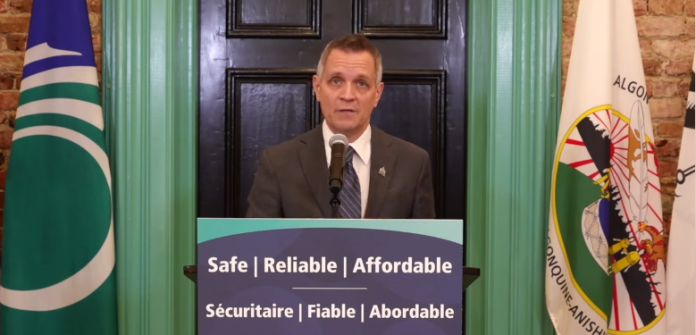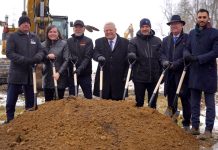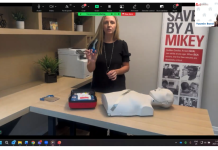Ontario Construction News staff writer
The City of Ottawa has tabled a 2026 draft budget proposing a $5.2 billion operating budget and a $1.9 billion capital budget.
“In the 2026 budget, we’re bringing stability in a time of economic uncertainty,” Mayor Mark Sutcliffe said in a statement. 4″We’re responding to the affordability crisis by keeping tax increases as low as possible so we don’t add to the burden of rising costs for renters, homeowners and small businesses.”
Sutcliffe said the plan invests in what matters most to residents, including public safety, transit, affordable housing, and road repairs.
The $1.9 billion capital plan moves several of the city’s long-term strategic goals from policy to funded construction projects, allocating the first major funds for new road corridors under the city’s new Transportation Master Plan, injects significant capital into the city’s main wastewater plant, and directs funds toward high-performance “green-build” affordable housing.
A central theme is a sustained increase in spending on “State of Good Repair” (SOGR) for the city’s existing assets, particularly roads and sidewalks.
The budget allocates $135 million for roadway resurfacing and preservation, part of a $533 million total investment during the 2023-2026 Term of Council, which the city notes is a 50 per cent increase over the last term.
Similarly, a $25.4 million investment in sidewalk rehabilitation brings the total for this council term to $65 million, a 77 per cent increase over the previous term.
The largest single new-road project is a $56.1 million allocation for the Greenbank Road re-alignment in the city’s south end. This project is identified as a key piece of infrastructure needed to support growth and unlock new areas for housing development.
The plan also includes $20.4 million to move a decade-old plan to widen Carp Road from two to four lanes to the construction phase. These projects are the first “down payment” on a $1.6 billion “Priority Road Network” the city plans to build by 2046.
There is also $87.2 million allocated to renew the Robert O. Pickard Environmental Centre (ROPEC), the city’s primary wastewater treatment plant, serving approximately one million people. The facility was built in 1962 and last saw a major update in 1993. The 2026 funding is a major installment for the “ROPEC Master Plan,” a multi-decade overhaul of the plant’s core functions.
This project is part of a wider $361 million capital investment in drinking water, wastewater, and stormwater infrastructure.
On the affordable housing file, there is $23.25 million to help build about 350 affordable units.
The city is highlighting its support for high-performance “green-build” projects, such as phase two of the Rochester Heights development, which is being built to Passive House and Net Zero-ready standards.
The total transit budget is $938.7 million. Key capital items include funding to operate the new O-Train Line 1 extension to Trim Station and $47.6 million to purchase new buses, including zero-emission models. The move to electric buses will also require new high-capacity charging infrastructure.
Other spending includes $39 million for new park projects, and $1.6 million for ByWard Market streetscaping. The market funding will support the 2026 construction of a “pedestrian-only” William Street.
The draft budget will be reviewed by committees before a final vote by city council scheduled for Dec. 10.








